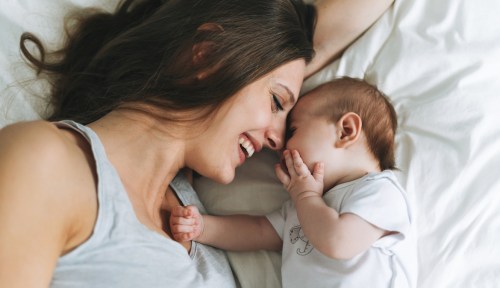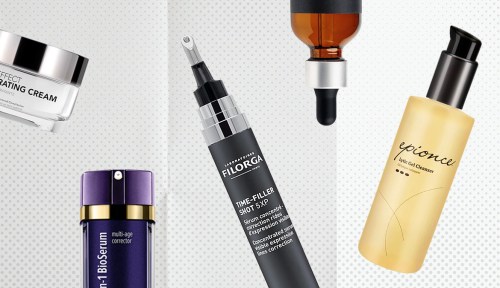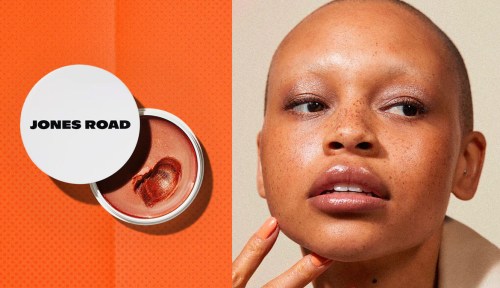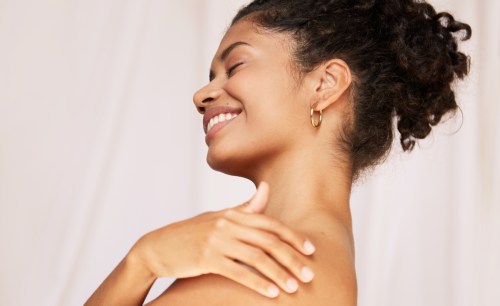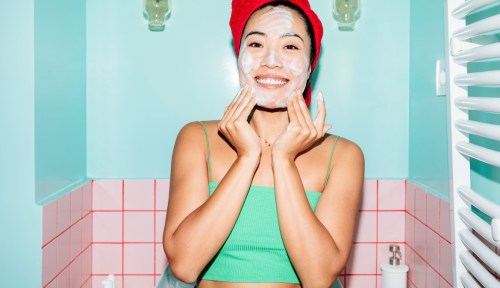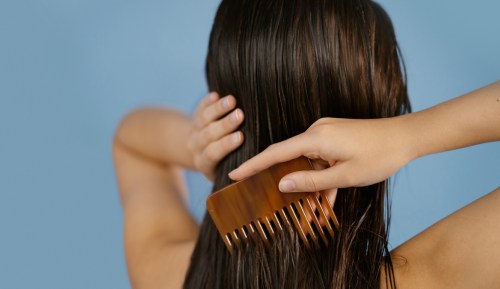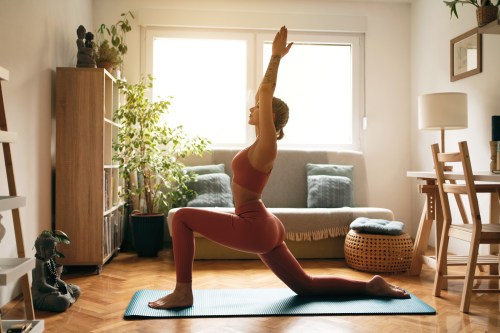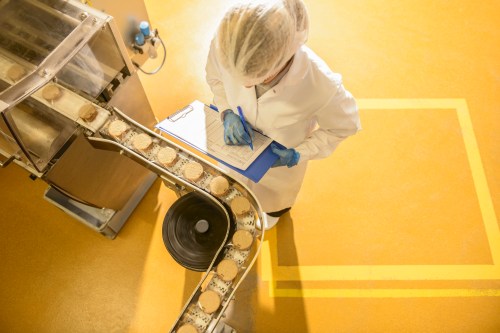Our editors independently select these products. Making a purchase through our links may earn Well+Good a commission
You’ve given birth to a new baby, and while you’re dealing with the stresses and joys of parenthood, you may also notice that your hair is thinning. Postpartum hair loss is relatively common, explains Lily Talakoub, MD, a board-certified dermatologist and mother of three, but that doesn’t mean it’s easy to navigate. She experienced it herself, and knows just how awful it can make you feel. But luckily, she also knows what to do to fix it.
Experts in This Article
board-certified dermatologist in Virginia
“Postpartum hair loss is caused by fluctuations in hormones,” says Dr. Talakoub, founder of online shop DermToDoor. “The lowered estrogen and increased progesterone send the hairs into the shedding phase approximately three months after delivery. Women who are susceptible to it can get it with each pregnancy, however, postpartum stress and depression can make it significantly worse.”
The American Academy of Dermatology explains that this hair loss shouldn’t be alarming because it’s temporary. They say that most women see their hair return to its normal fullness by their child’s first birthday, if not sooner. But that can feel like ages, especially while your body is going through so many other changes after having a baby. To grow hair back as fast as possible, Dr. Talakoub says there are a few things that can help—she knows, because (aside from being a dermatologist) she’s tried them herself.
“Every woman needs to use prenatal vitamins after delivery for at least six months,” she says. Prenatal vitamins are packed with nutrients like folic acid, a B vitamin that some minimal research has tied to promoting hair growth. In addition to continuing your prenatals, Dr. Talakoub also recommends incorporating postpartum hair loss supplements like Viviscal ($130), Nutrafol Postpartum ($88), or both into your routine.
“These supplements have the essential nutrients that the hair follicle needs to maintain the growth phase, and strengthen the hair shaft,” she says, adding that she used them to deal with her own postpartum hair loss. “They help promote growth and prevent hair breakage as well.”
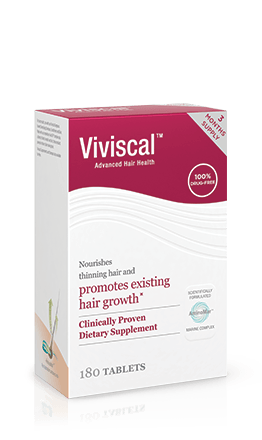
Viviscal Nourishing Starter Kit — $130.00
This three-month supply of Viviscal includes a blend of marine protein, biotin, zinc, vitamin C, horsetail extract, and iron, to nourish hair from within and promote hair growth.
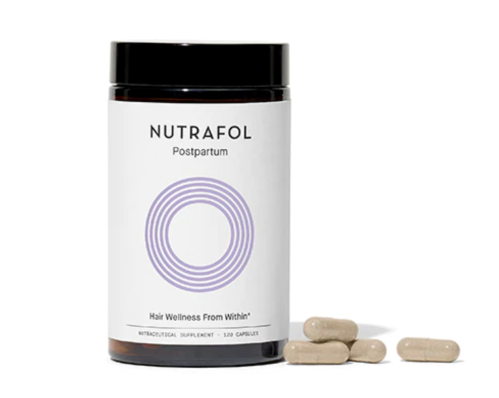
Nutrafol Postpartum
This breastfeeding-friendly supplement contains loads of B vitamins as well as biotin, vitamins A, C, and D, iodine, selenium, and zinc to help promote hair growth during the postpartum period as well as overall wellbeing.
Finally, you want to be super gentle with your hair during this time. “Limit extensions as much as possible, even if you think it will be a temporary fix,” says Dr. Talakoub. “Weight on the hair follicle will make the hair fall out more.” She adds that using a silk pillowcase can also help prevent further breakage by allowing your hair to glide freely while you sleep without the risk of catching on the fibers of the case, something that can happen with materials with a looser weave and coarser texture, like cotton.
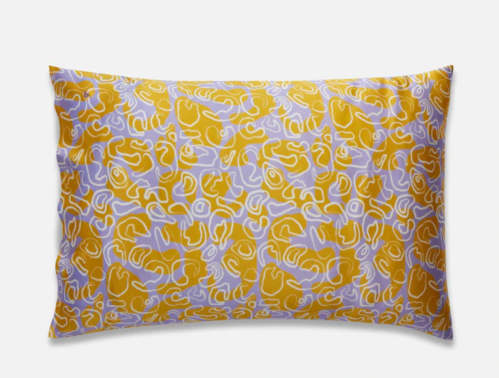
Brooklinen Mulberry Silk Pillowcase — $59.00
This silk pillowcase is available in traditional shades like ivory, fun colors like “Cool Mint,” and interesting patterns like “Crazy Purple” (pictured above).
Remember that you’re not alone in this (it even happens to dermatologists!), and that while the hair loss is likely temporary, you’re allowed to grieve the experience. Be kind to yourself.
Want to be the first to hear about the latest (and greatest) SHOP product drops, custom collections, discounts, and more? Sign up to have the intel delivered straight to your inbox.
Sign up for the Well+Good SHOP Newsletter
Get exclusive deals on wellness, beauty, fitness, and food products that have been hand-picked by our editors.
Got it, you've been added to our email list.
